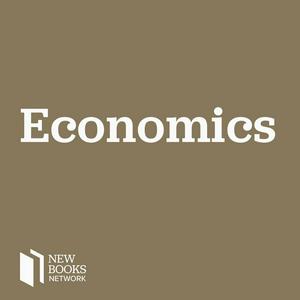Rebecca Haw Allensworth, "The Licensing Racket: How We Decide Who Is Allowed to Work, and Why It Goes Wrong" (Harvard UP, 2025)
When we think about "red tape" and the cost of regulation it's hard to overstate the impact of professional licensing. According to Professor Rebecca Haw Allensworth, it's bigger than unions and more expensive than sales taxes.
Millions of American workers are required - by law - to obtain a license in order to work. This barrier of entry depends on requirements set by licensing boards staffed mainly by members of the profession they oversee. It limits the number of people who can serve and also confers on licensees a certain degree of prestige and trust.
In The Licensing Racket: How We Decide Who Is Allowed to Work, and Why It Goes Wrong (Harvard UP, 2025), Allensworth goes deep into a complex web of conflicting priorities.
Whether it's hair stylists or doctors, plumbers or lawyers, licensing board members are asked to simultaneously represent their personal practice, fellow professionals, and the public. They have to literally "wear three hats", which leads to well-intentioned, but deeply flawed and biased, decision making.
Consumers depend on licensing boards to ensure that professionals maintain high quality and reliability standards by creating - and enforcing - licensing standards.
In reality, their decisions can be maddeningly arbitrary, creating unnecessary barriers to hopeful practitioners while simultaneously failing to protect the public from bad actors who abuse the trust placed in them.
Despite good intent, board members lack the resources and sometimes the will to investigate even serious disciplinary cases. The consequences include, but are not limited to, the failure of medical licensing boards to remove the abusive doctors who fueled the opioid crisis and a system that allows unethical predatory lawyers to continue to practice, often targeting clients who are unable to protect themselves.
While in some areas licensing is deeply flawed, in others it is critical to a well-functioning society. Allensworth argues for abolition where appropriate and reform where it is most needed.
See Professor Allensworth's faculty profile video
Author recommended reading:
- Demon Copperhead by Barbara Kingsolver
- Drug Dealer, MD by Anna Lembke, MD
Hosted by Meghan Cochran
Learn more about your ad choices. Visit megaphone.fm/adchoices
Support our show by becoming a premium member! https://newbooksnetwork.supportingcast.fm/economics

